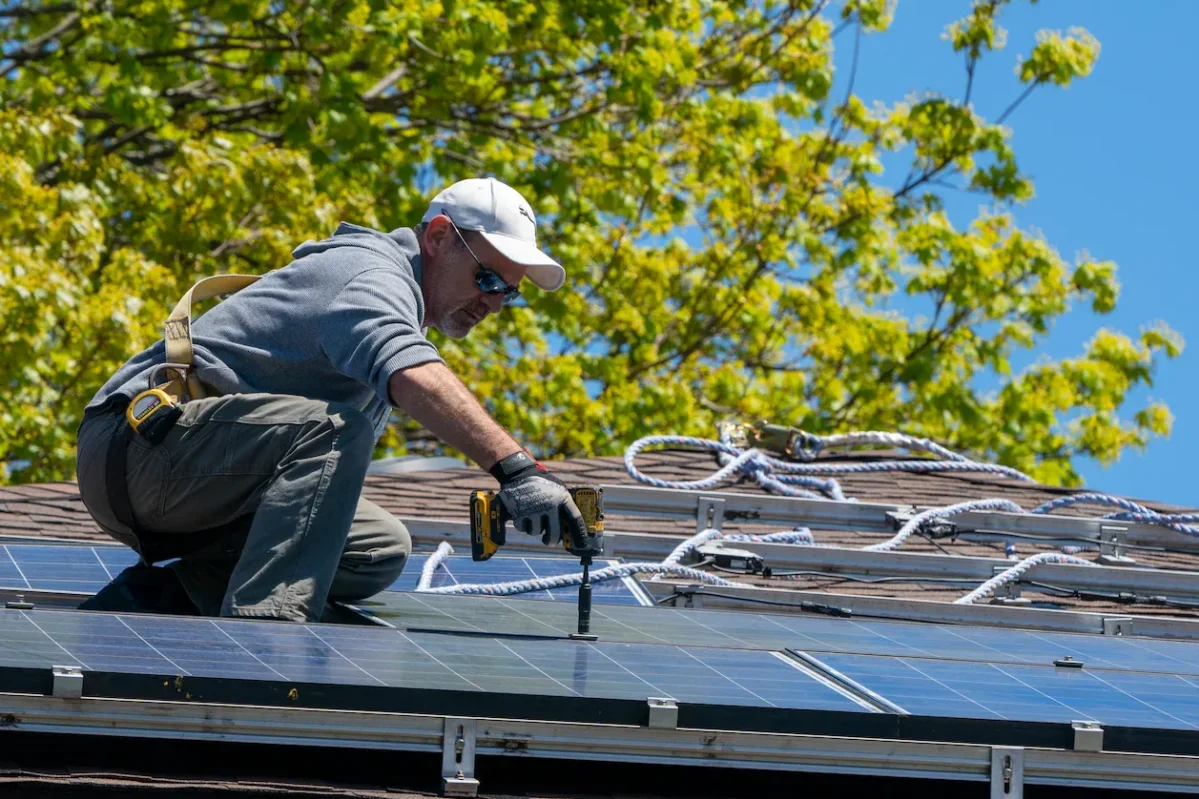Solar energy does not have to be complicated or bewildering. If you’ve been researching solar panels, you’ve definitely come across some new industry lingo.
Read on to discover more about some of the most commonly used phrases in the solar energy industry.
- Array.
A solar panel is made up of several solar cells, and several cells can be linked together to make a solar array.
- CE Code.
This is the Canadian Electrical Code. It regulates standard electrical installation practices in Canada. Section 64 particularly addresses the permitted installation of renewable power system modules.
- Efficiency.
When referring to a solar panel, efficiency describes the percentage of sunlight captured and transformed into usable electricity.
- Electrical grid.
The network of poles and wires that transports power from its source to your home or business.

- Inverter.
A device in your solar power setup that converts the direct current (DC) electricity generated by the solar cells into alternating current (AC).
- Mounting hardware.
Racking and mounting components that are used to secure photovoltaic panels to a surface. Designed to endure the elements while reducing the impact on the roof.
- Solar storage.
Solar storage systems are often made up of rechargeable battery banks that can store excess solar energy for use at night or as a backup for emergency grid outages.
- Solar installer.
A specialist or firm that delivers and physically installs solar equipment on homes and other structures.
- Solar monitoring.
A customized program that may be accessed via a mobile device or a remote operations center to monitor and manage electricity production and many other aspects of your solar power system.
- Solar power plant.
A large-scale, usually ground-mounted solar installation designed for commercial use and used to supply electricity to the grid.
- Solar shingles.
Thin-film photovoltaic strips that, like ordinary roofing shingles, can be placed directly into roofing materials.
